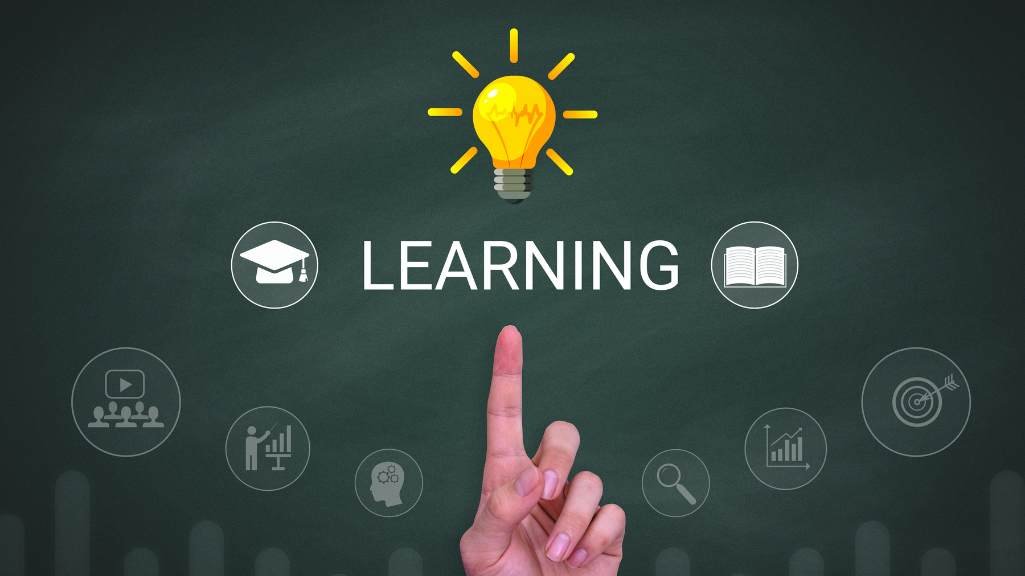Education in the Digital Age: Adapting Pedagogy for the 21st Century
Poonam Junjunwala
. 2 min read
In the digital age, education has been transformed by developers, who are continuously innovating in the field of educational technology. With adaptive pedagogy and cutting-edge technology, developers have played a crucial role in revolutionizing the learning experience. They have created personalized learning platforms, virtual classrooms, and online education tools that cater to diverse learners. However, as technology evolves, developers must also address challenges such as the digital divide and data privacy concerns, ensuring that education remains accessible, secure, and inclusive for all. Through collaboration with educators and stakeholders, developers are shaping the future of education and empowering learners with the skills they need to thrive in the 21st century classroom.

The Benefits it Brings to Learners and Educators
Technological Advancements in Education:
The digital age has ushered in a plethora of technological advancements that have revolutionized education. From interactive whiteboards and educational apps to online learning platforms and virtual reality simulations, technology is reshaping the way knowledge is imparted and absorbed. These tools offer engaging, immersive, and personalized learning experiences that cater to different learning styles and abilities.
Access to Information and Global Learning:
With the internet and digital libraries, learners now have access to a vast amount of information at their fingertips. This has democratized education, allowing people from all walks of life to access knowledge and learn about various subjects. Additionally, technology has facilitated global learning, connecting students and educators worldwide through virtual classrooms and collaborative projects, fostering cross-cultural understanding and expanding horizons.
Personalized Learning and Adaptive Pedagogy:
One of the most significant benefits of technology in education is its ability to facilitate personalized learning experiences. Adaptive learning platforms use data analytics and artificial intelligence to analyze individual student progress and preferences, tailoring educational content to suit each learner's needs. This approach maximizes learning efficiency and helps students reach their full potential.
Blended Learning and Flipped Classrooms:
Blended learning, a combination of traditional classroom instruction and online learning, has gained popularity. This approach allows educators to optimize face-to-face interactions and use digital resources to reinforce learning outside the classroom. Flipped classrooms, a form of blended learning, involve students studying instructional materials at home and using classroom time for discussions, activities, and problem-solving.
Teacher Professional Development and Support:
As technology continues to evolve, it is crucial for educators to receive proper training and professional development to effectively integrate digital tools into their teaching practices. Institutes and organizations are recognizing this need and offering training programs and support to equip teachers with the necessary skills to thrive in the digital age.
Challenges For Learners and Educators
Technological Divide and Access to Infrastructure:
While technology offers promising opportunities for education, the digital divide remains a significant challenge. Not all students have equal access to devices and high-speed internet connections, hindering their ability to fully participate in digital learning initiatives. Addressing this issue is crucial to ensure that no learner is left behind.
Information Overload and Digital Distractions:
The abundance of information on the internet can be overwhelming, leading to information overload. Additionally, digital devices can be a source of distraction for students. Educators need to teach students how to critically assess information and maintain focus in the digital learning environment.
Data Privacy and Security Concerns:
With the extensive use of technology in education, the collection and storage of student data have become a concern. Schools and educational institutions must prioritize data privacy and implement robust security measures to safeguard sensitive information from potential breaches.
Conclusion
As we progress further into the digital age, adapting pedagogy to leverage technology effectively is vital for the future of education. Embracing technological advancements and addressing the challenges it presents can lead to a more inclusive, personalized, and globally connected learning environment. Educators, policymakers, and stakeholders must collaborate to ensure that education in the 21st century equips learners with the skills and knowledge they need to thrive in an ever-changing world.

